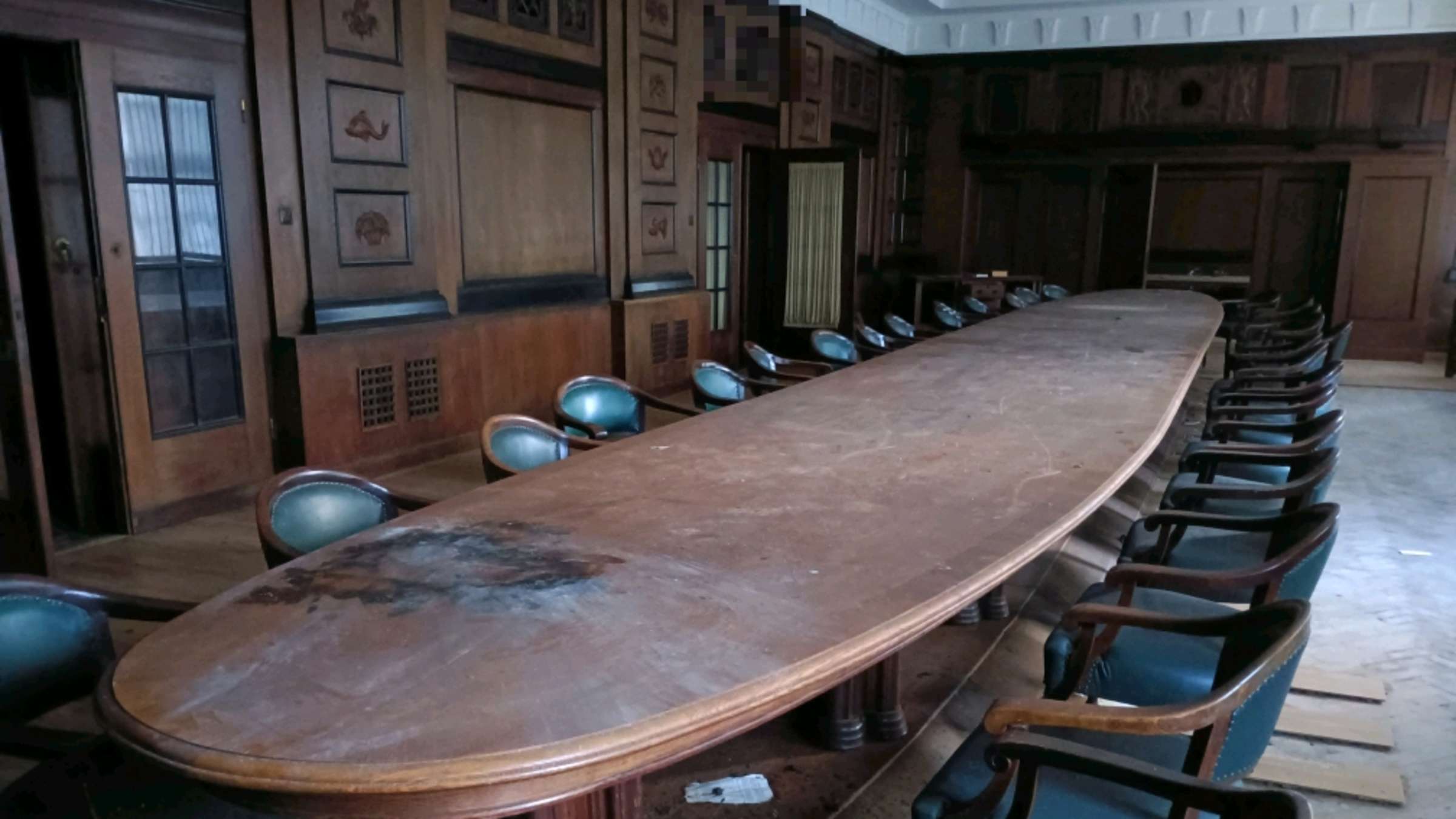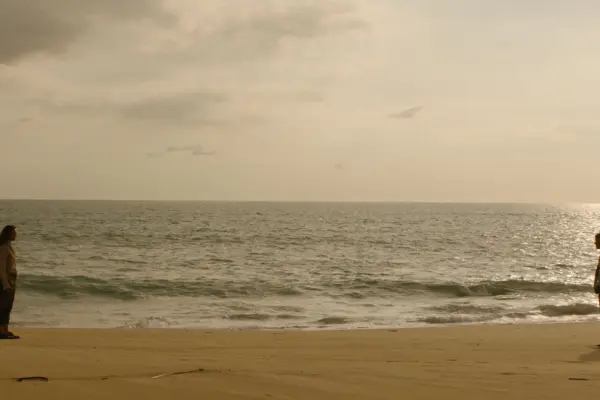
Introduction
Dortmund, a city located in the German state of North Rhine-Westphalia, is known for its rich industrial heritage, thriving football culture, and vibrant arts scene. As one of the largest cities in the Ruhr area, Dortmund has evolved from a major coal and steel hub to a modern centre for technology and innovation. This transformation highlights the city’s resilience and economic adaptability in a rapidly changing landscape.
Historical Significance
Founded more than a thousand years ago, Dortmund has played a significant role in the history of Germany. It became a central trading post during the Middle Ages, benefiting from its strategic location near the rivers Ruhr and Lippe. The city’s industrial boom in the 19th century saw it emerge as a leader in beer production, with the famed Dortmund Union Brewery establishing its roots here. However, the decline of heavy industry in the late 20th century posed challenges that led to a reinvention of Dortmund’s economic landscape.
Modern Developments
Today, Dortmund is experiencing a renaissance marked by significant investments in technology and infrastructure. The city has positioned itself as a hub for information technology and digitalisation. Initiatives such as the “Dortmund Technology Centre” support startups and foster innovation.
The transformation is also evident in education, with the Technical University of Dortmund being a significant contributor to research and development. As part of the smart city initiative, Dortmund is embracing sustainable practices such as green space expansion and energy-efficient buildings.
Cultural Vibrancy
Dortmund is not just about industry and economy; it boasts a rich cultural scene. With institutions like the Museum Ostwall and the Dortmund Concert Hall, the city offers various artistic expressions. Additionally, it is renowned for its passionate football culture, being home to Borussia Dortmund. The team has a massive following, with matches attracting thousands to the iconic Signal Iduna Park, making football a vital part of the city’s identity.
Conclusion
As Dortmund continues to reinvent itself, the balance between its historical roots and modern aspirations makes it a noteworthy example of urban evolution. The city’s ability to adapt to economic changes while maintaining its cultural richness serves as an inspiration to many. Advancements in technology and sustainability suggest a promising future for Dortmund, positioning it as a crucial player in Germany’s economic landscape.
You may also like

Unveiling the Send Help Movie: A Gripping Thriller

Understanding the Current Situation in Chechnya
